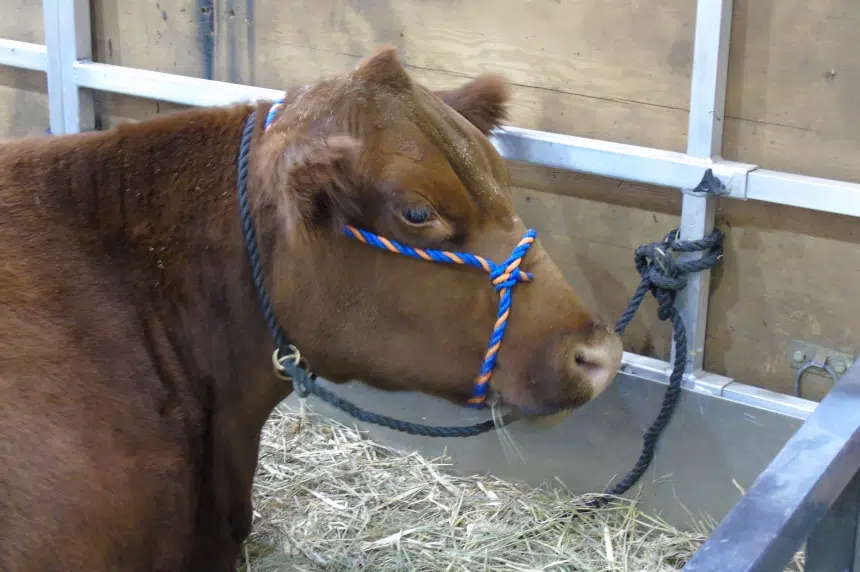After a couple of dry years and a hard winter, Kelcy Elford said livestock producers in Saskatchewan are in a bad situation.
The province is stepping up again to try to help producers, announcing Tuesday $119 million for the AgriRecovery program to pay producers, per head, to keep their breeding stock.
Elford raises cattle and is president of the Saskatchewan Stock Growers Association. He said any help at this point is appreciated.
“There’s been rising expenses through this whole thing and so to see the cash influx is going to be a benefit to a lot of producers that are facing feed shortages,” said Elford.
All kinds of things have gone wrong for producers this year, according to Elford.
Some crops planted for green feed in Saskatchewan either didn’t germinate or they didn’t grow much higher than eight inches. In some areas, water holes are completely dried up, and calves haven’t been able to gain the weight they normally would.
“There’s lots of producers that are out of grass early and so they’ve been forced to sell a lot of their animals before they’re ready for market simply because they are out of feed,” said Elford.
Elford said he marketed his yearlings last week, and is one of the few who has been able to source enough feed for his cow/calf pairs through the winter.
“I very much consider myself one of the fortunate ones,” said Elford.
Everyone in agriculture will talk about 1985 and 1988 when it comes to drought, explained Elford, and he said those were very dry years but there were some spots with moisture.
He said this year is different because the drought extends from Ontario to B.C., and from Grande Prairie right to southern California.
“This year, guys that normally pick feed out of the north part of the province, or even south of the line, there’s no feed there either,” said Elford.
Elford said the money from the province will help with the cost of feed but finding the feed will still be a struggle for some. Because of that, he said the money won’t stop producers from selling their cattle, but it might create a situation where producers don’t have to sell as many as quickly.
If ranchers have to sell off more and more of their herds, the association said the province could face the smallest beef herd in 40 years and that could threaten the sustainability of the sector.
The help from the province is welcome, said Elford, and now producers want the federal government to fully commit to its part.
The province said, under the program, a full commitment from the federal government would bring the total to $297 million.











